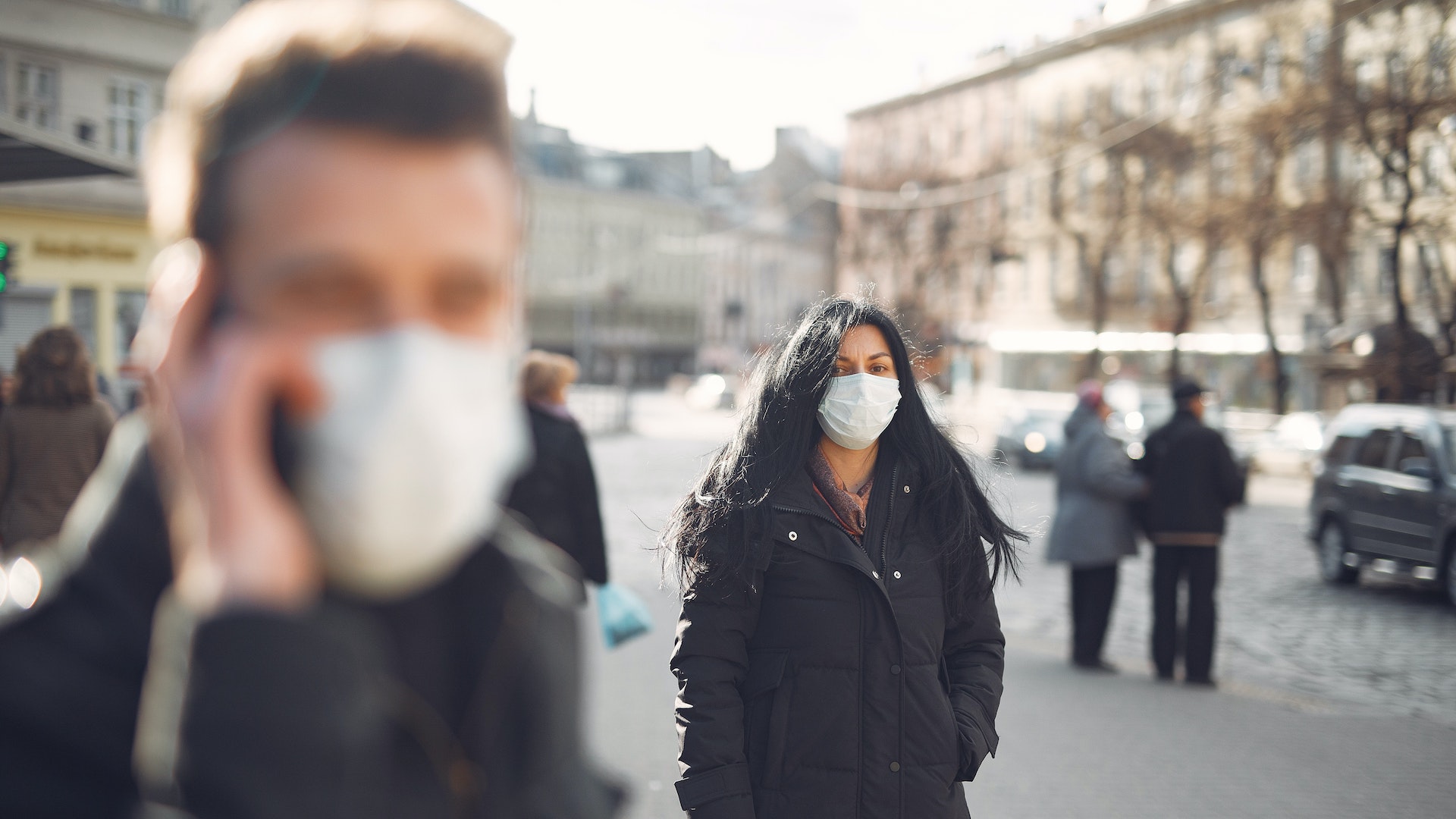Covid-19 has proven to be not solely a health crisis. Measures adopted by businesses and governments, such as flexible working and the job retention scheme, have shaped the impacts of the pandemic in ways not comparable to previous social and economic crises, while lockdowns and social distancing measures have had an unequal impact on those jobs frequently done by women and men.
We asked in our project if the pandemic is narrowing or reinforcing existing inequalities in levels of unemployment, for example, among other questions about working lives in the UK as the pandemic took hold. We used the UK’s largest study on employment circumstances, the Labour Force Survey, that gave us insight into the working lives of over 40,000 women and men, across 2019, through 2020 and into 2021.
Before the pandemic struck, the official UK unemployment level was one of the lowest recorded. Our research shows just how steeply unemployment levels rose after the first national lockdown. At its peak in the summer of 2020, about one in 19 men and one in 21 women in the labour force were out of a job, compared to one in 25 men and one in 28 women in 2019.
The steepest increases in unemployment levels were experienced among minority-ethnic workers. There was a worrying, widening gap between how many of the white and how many of the minority-ethnic labour force reported that they were out of work, intensifying the pre-pandemic ethnic penalty here.
Women from Indian, Pakistani, non-Chinese Asian and other minority-ethnic backgrounds suffered the greatest increases in unemployment. They fared worse than men from those ethnic groups and worse than white women too, as inequalities of ethnicity and gender intersected to the women’s deep disadvantage.
Our research also explores class inequalities in work. We show that while some recovery in employment levels was visible in early 2021, working class workers faced the more persistent problems. The closure or only partial opening of, for instance, non-essential retail and hospitality businesses and restrictions on movement particularly impacted their opportunities. The permanent closure of many high-street shops, bars and restaurants, unable to survive the pandemic, signal longer term problems both for those workers who were let go and for the groups of people typically seeking to find work in such sectors.
Rapidly rising levels of unemployment paint a disturbing picture about inequalities in working lives in the UK during the pandemic so far and raise real concerns about the effects of any further third wave.
The pandemic fall-out has been felt most strongly by workers whose experiences were already disadvantaged by intersecting inequalities of gender, class and ethnicity.
Of course, unemployment levels do not tell the full story of the impact of the pandemic on working lives. The unemployment rate does not reveal the extent of insecure and insufficient employment among those in paid work. The heaviest burden of insecure employment was also being felt by already disadvantaged groups of worker before the pandemic hit, with significant intensification after.
Insecure work has been a great divider when it comes to people’s capacity to weather the Covid-19 storm. The UK Government must make sure that tackling precarious and low-paid work is part of their recovery plans after the pandemic, to close widening economic and social inequalities. The pandemic also revealed the inadequacy of the social security safety net, with many workers not qualifying for Statutory Sick Pay, one of the lowest in OECD countries, and many other unable to survive on Universal Credit after redundancy. Inadequate sick pay left many people unable to self-isolate when in contact with the virus for fear of losing income or their jobs, and efforts to curb the spread were scuppered. In this context, fixing social security, rather than being a cost, makes perfect economic and public health sense. It must be part of any contingency plans for future pandemics.
Written by Tracey Warren, Luis D. Torres, Annegreet Veeken and the UK Women’s Budget Group
Get career tips and advice from our Jobs and Training series:





